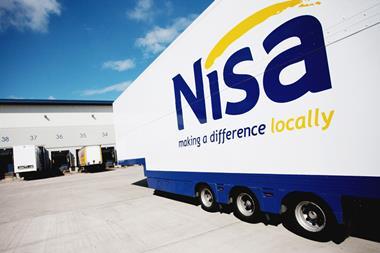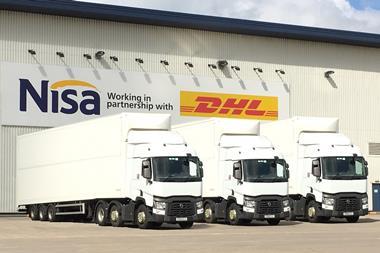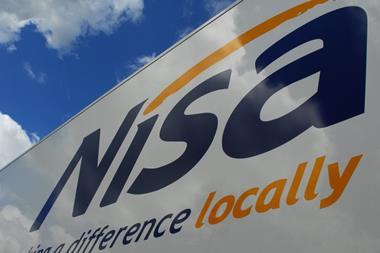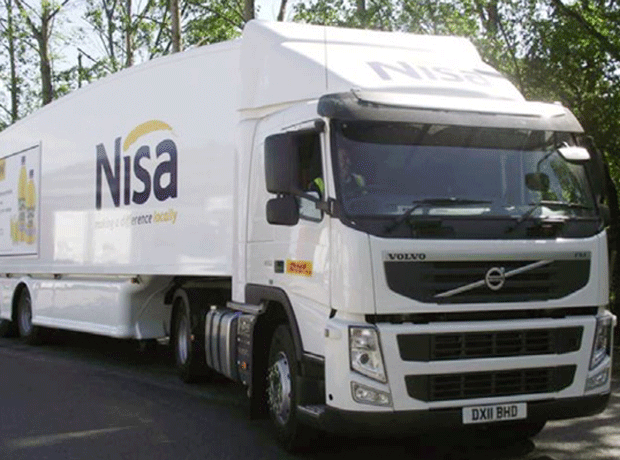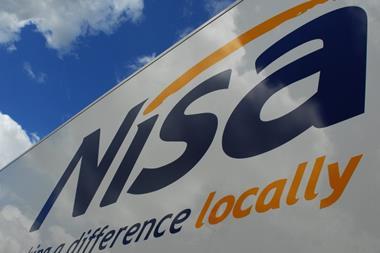Nisa members react to Co-op offer ahead of roadshows

Nisa members are pressing for more details about the proposed Co-operative Group takeover ahead of regional meetings next week which Nisa members, management and Co-op representatives will attend.
ALREADY HAVE A REGISTERED USER ACCOUNT? PLEASE LOG IN HERE
To read the full story join the ConvenienceStore.co.uk community today!
Registration is quick and easy and provides access to:
- Unlimited ConvenienceStore.co.uk articles
- Our great range of newsletters
- Content you’ve saved for later via the ‘my library’ feature
And much more…




















